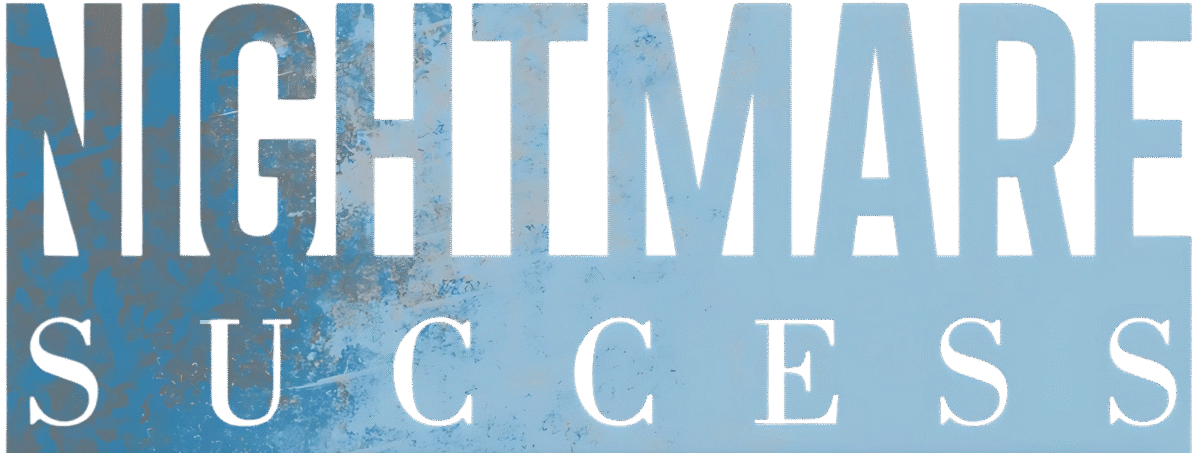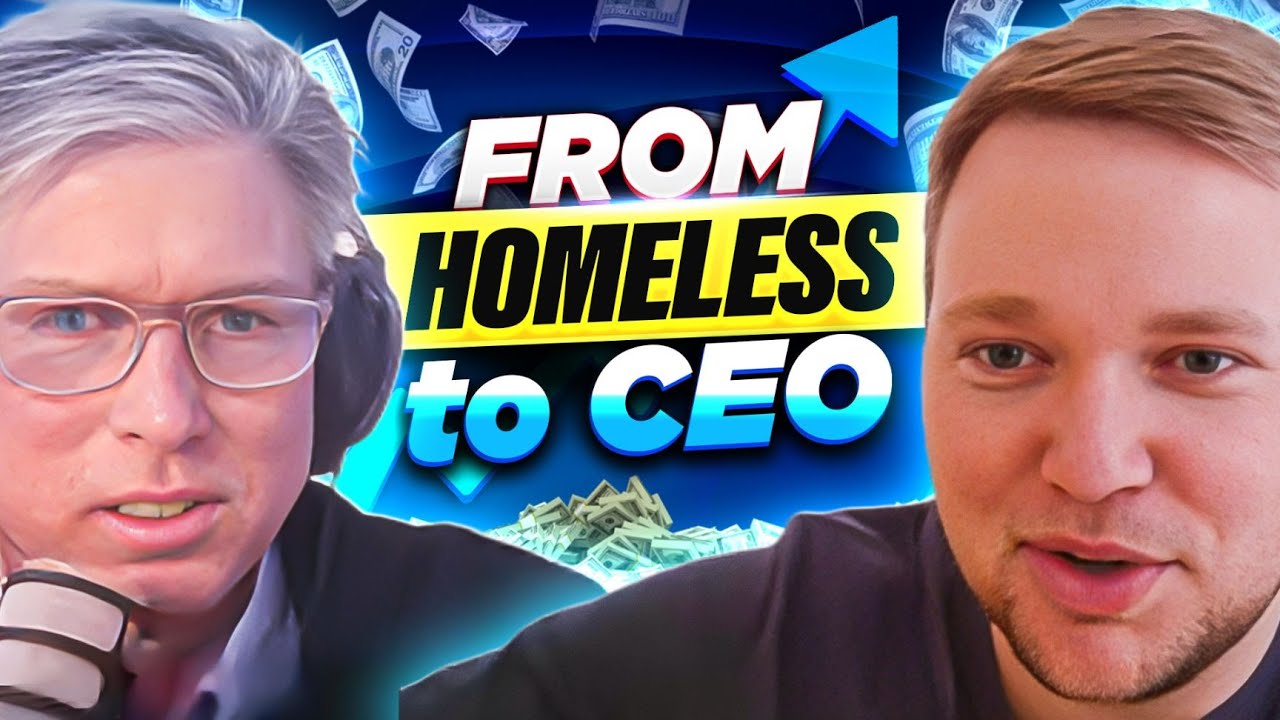I still remember the moment when Harley Blakeman Helping Justice realized that life was about to change forever. It was during a hot summer afternoon in Keystone Heights, Florida, when he found himself sitting on the worn out couch of their trailer, listening to the muffled sounds of an argument between his parents. It was a moment that would mark the beginning of a tumultuous journey, as his mother’s unexpected departure shattered the innocence of his childhood.
The echoes of that day lingered long after, as he grappled with the emotional fallout of her struggles with addiction and mental health. Growing up in a low income household, Harley was no stranger to hardship. His father, a high school graduate and welder, worked tirelessly to keep the family afloat, while his mother, who had dropped out of high school to become a receptionist, struggled with her own demons. With an older brother by his side, Harley often found solace in music, skateboarding, and surfing, which provided a brief escape from the chaos of family life.
But as the years rolled on, the weight of his mother’s addiction became harder to ignore. At just fourteen, the divorce marked a turning point that forced Harley to confront the realities of his family dynamics. The emotional betrayal he felt from his mother’s departure left deep scars, compounded by his father’s negative comments about her. This was a time when Harley began to understand the complexities of addiction and mental health, and how they could tear a family apart.
It was also the time he discovered his own strength, though he didn’t know it yet. But it was during this time that he found a flicker of hope. Despite the upheaval at home, Harley was determined to forge his own path. He enrolled in community college, a decision that would prove pivotal in his life.
With every class he attended, he began to see a different future for himself. He worked hard, pushed through the challenges, and graduated at the top of his class from Ohio State University. This achievement was not just a personal victory, it was a statement against the stigma that often surrounds individuals with criminal records. After graduation, the world outside seemed unwelcoming.
Harley Blakeman faced job rejections that chipped away at his confidence. He realized that the barriers for those with criminal backgrounds were formidable, and the struggle to find meaningful work was all too real. It was in this moment of frustration that he decided to turn his personal challenges into a mission. He founded Honest Jobs, a platform designed to help people with criminal records find meaningful employment and reduce recidivism. “I wanted to create a space where everyone gets a second chance, regardless of their past,” he shared, expressing his commitment to changing the narrative for overlooked populations.
Today, Honest Jobs stands as the nation’s largest fair chance employment platform, advocating for those who often find themselves on the fringes of society. Harley’s journey from a childhood filled with uncertainty to a successful career dedicated to helping others is a testament to the power of community and purpose. He understands the struggle, the pain, and the longing for acceptance, and he channels that understanding into his work. Each person who finds a job through Honest Jobs is not just a statistic; they are a story, a life transformed by opportunity.
As I reflect on Harley Blakeman’s journey, it becomes clear that his experiences have shaped not just his career, but his outlook on life. He embodies the belief that everyone deserves a chance to rewrite their story, regardless of where they come from. His work serves as a reminder that our past does not define our future.
It’s a call to action for all of us to advocate for second chances and to recognize the potential within those who have been overlooked. In the end, it’s about more than just finding a job, it’s about restoring dignity, building community, and fostering hope for a better tomorrow. Harley’s journey is a powerful narrative that encourages us to see beyond the surface and to extend compassion to those navigating their own struggles. As we continue to engage with stories like his, we are reminded that change is possible, and that the impact of one person can ripple through countless lives.

